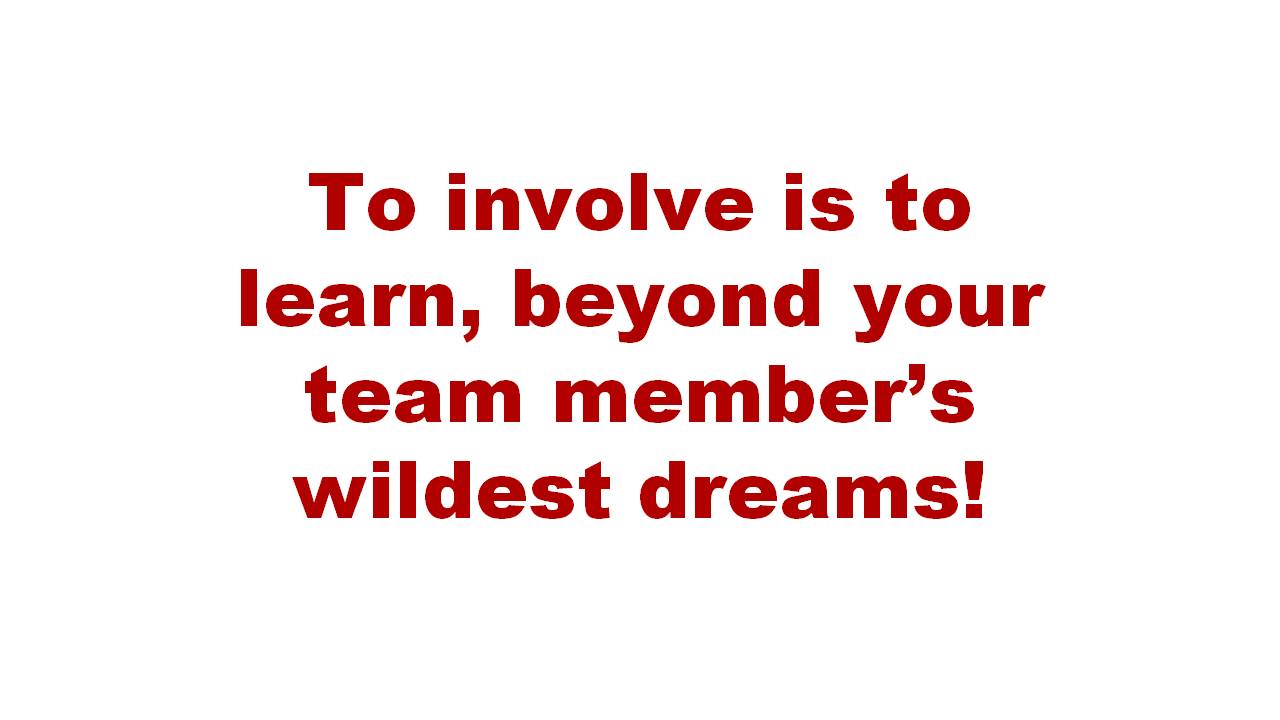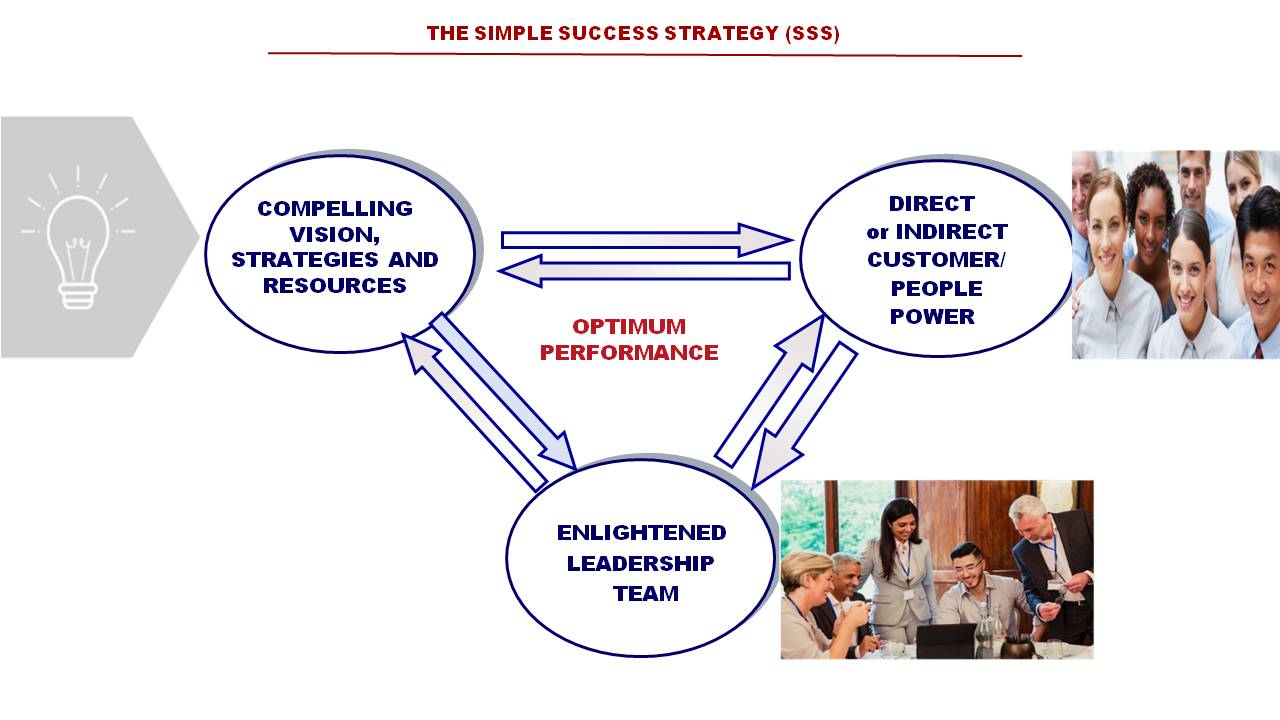by Peter A. Arthur-Smith
“It’s a cover up. It’s window dressing. None of these PIPs lead to improving performance. In most cases, it’s an excuse to walk you out the door…” Quote from Ann Tavis, an HR executive from a major firm, in Wall Street Journal Exchange article ‘Corporate America Has a New Favorite Way to Fire People. It’s the PIP’, November-December, 2024.

Tavis’s outspoken statement is a classic illustration of conventional management (CM). Enlightened leaders (ELs) wouldn’t countenance such behavior. It’s a further example of our deterioration into numbers-management rather than people-leadership. We’re just sinking further and further back into the industrial world of 100 years ago, where factory workers were just pairs-of-hands to be disposed of at a whim, if they didn’t sustain mindless hours of repetitive, production line work.
We’re increasingly allowing Wall Street and other exchanges, along with powerful financial executives, to control our lives by the numbers. Unfortunately the combination of these two forces produces minimal empathy with or confidence in people-talent. To them, they are purely a commodity or headcount that is “regrettably” needed to churn out their numbers and profits. Right now both parties are salivating over the prospect of an A.I. nirvana, where they will finally bypass all the costs and frustrations of utilizing pairs-of-hands (people), produce dizzying levels of profit, and thereby have enormous amounts of influence.
We must halt this trend for the sake of mankind. We need a groundswell of people-leaders to push back against this trend before it’s too late. We should encourage them to stand-up for an alternative world, where people are valued and treated with respect. Where people are not fired on-mass by email or text. Where people are effectively counseled about their contributions and performance, and in many instances are turned around into even more productive contributors. Performance improvement plans (PIPs) are conventional management (CM) tools that invariably fail, because they are based upon a one-way CIGFAM philosophy – C=Competition, I=Incentives, G=Goals, F=Fear, A=Accountability, and M=Measurement. You “have to” do what’s required and there’s minimal discussion. Too often there’s minimal role education, too…sink or swim!

Leaders on the other hand, work with individual Success Strategies that enable people to discover what’s required to succeed. It’s based upon a well known Benjamin Franklin quote: Tell me and I forget. Teach me and I remember. Involve me and I learn. Hence leaders take team members who are falling behind to one side and involve them in building an appropriate Simple Success Strategy.
As indicated in the above pictograph, leaders collaborate with their individual team members for them to discover their intended role purpose/vision/intentions, related strategies, and required resources. Then they identify the people resources or interfaces necessary to optimize progress. Finally, they articulate the form of leadership that should be brought to bear to synergize their strategies with their people power – be that team members, customers and/or alliances – and orchestrate a result in line with their original intentions.
With exercises like this, team members’ light bulbs turn on…they discover and learn. They realize their intentions, discover how well they are positioned to meet or surpass their intentions, and how they can apply their special talents to accomplish those intentions. It’s usually like an epiphany. Now they just need encouragement to move forward and deliver – with you as their cheer leader! It’s just the same way that a football or soccer coach prepares his/her players to succeed, by ensuring they really understand the role they’re about to play, because coaches can do little for their players once the game is underway.
Treating your team members with respect like this will enable you to save fifty-percent or more of those falling behind. They will then become more productive, loyal and committed, which is what you were looking for in the first place. Remember: to involve is to learn how to succeed…often beyond your team members’ wildest dreams! So use Simple Success Strategies (SSSs) rather than PIPs.
